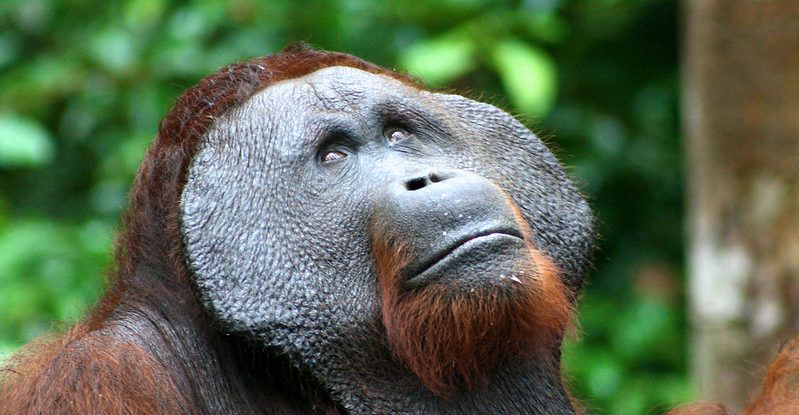
Gaps in knowledge about how people interact with the environment reflected in international sustainability goals slows progress toward achieving them, according to new research.
The study, published in the journal Nature Sustainability, identifies the need for better knowledge on effective governance, institutions and connections between social and ecological systems before the U.N. Framework Convention on Biodiversity adopts new targets next year.
An international team of 32 researchers, including from the Center for International Forestry Research (CIFOR), systematically synthesized knowledge gaps they identified in assessment reports produced by the Intergovernmental Science-Policy Platform on Biodiversity and Ecosystem Services (IPBES) to learn more about the causes of biodiversity loss.
“We found that global sustainability goals cannot be achieved without improved knowledge on feedbacks between social and ecological systems, and on effective governance systems and institutions that can equitably deliver ecosystem services and protect vulnerable people,” said Matias Mastrangelo, a researcher at Argentina’s National University of Mar del Plata, who led the study.
Their analysis examined how IPBES assessment reports link to the IPBES framework and the 2005 landmark Millennium Ecosystem Assessment (MA), which showed that more than 60 percent of ecosystem services around the world were being transformed or degraded. Those findings led to the creation of the subsequent Aichi Biodiversity Targets (ABT).
Researchers also examined links to the U.N Sustainable Development Goals where actions to mitigate the major drivers of biodiversity and ecosystem services loss identified by the MA were formalized.
Through their research, they highlighted strategic potential research directions that could simultaneously tackle many strands of interconnected knowledge gaps and support the policy agenda beyond 2020, when the ABT expire.
“We need to identify management and policy strategies for ecosystems and biodiversity that are effective, just, inclusive and promote good quality of life,” Mastrangelo said.
They shed light on some of the ways perceptions and attitudes to the socio-ecological crisis have changed over time, emphasizing that the role of indigenous and local knowledge to sustain nature’s benefits to people has emerged as a key knowledge gap.
“Now we need to get those with deep expertise in social change and governance to the table, including local actors and decision makers,” said Elena Bennett, associate professor at Canada’s McGill School of Environment.
To date, knowledge gaps have not been systematically synthesized to guide policy-relevant knowledge production and capacity building, the paper states.
It highlights strategic research areas that can tackle interconnected knowledge gaps and support the international policy agenda beyond 2020.
New ways to value both human well-being and biodiversity protection are key, according to the scientists.
“The emphasis we found on the importance of human values and institutions puts people at the heart of nature protection,” said Kimberly Nicholas, associate professor of sustainability science at Sweden’s Lund University.
“To support decisions that ensure both people and nature can thrive, we need new ways to value human and natural well-being, beyond defining a good life based just on gross domestic product.”
— With contributions from Kimberly Nicholas
We want you to share Forests News content, which is licensed under Creative Commons Attribution-NonCommercial-ShareAlike 4.0 International (CC BY-NC-SA 4.0). This means you are free to redistribute our material for non-commercial purposes. All we ask is that you give Forests News appropriate credit and link to the original Forests News content, indicate if changes were made, and distribute your contributions under the same Creative Commons license. You must notify Forests News if you repost, reprint or reuse our materials by contacting forestsnews@cifor-icraf.org.